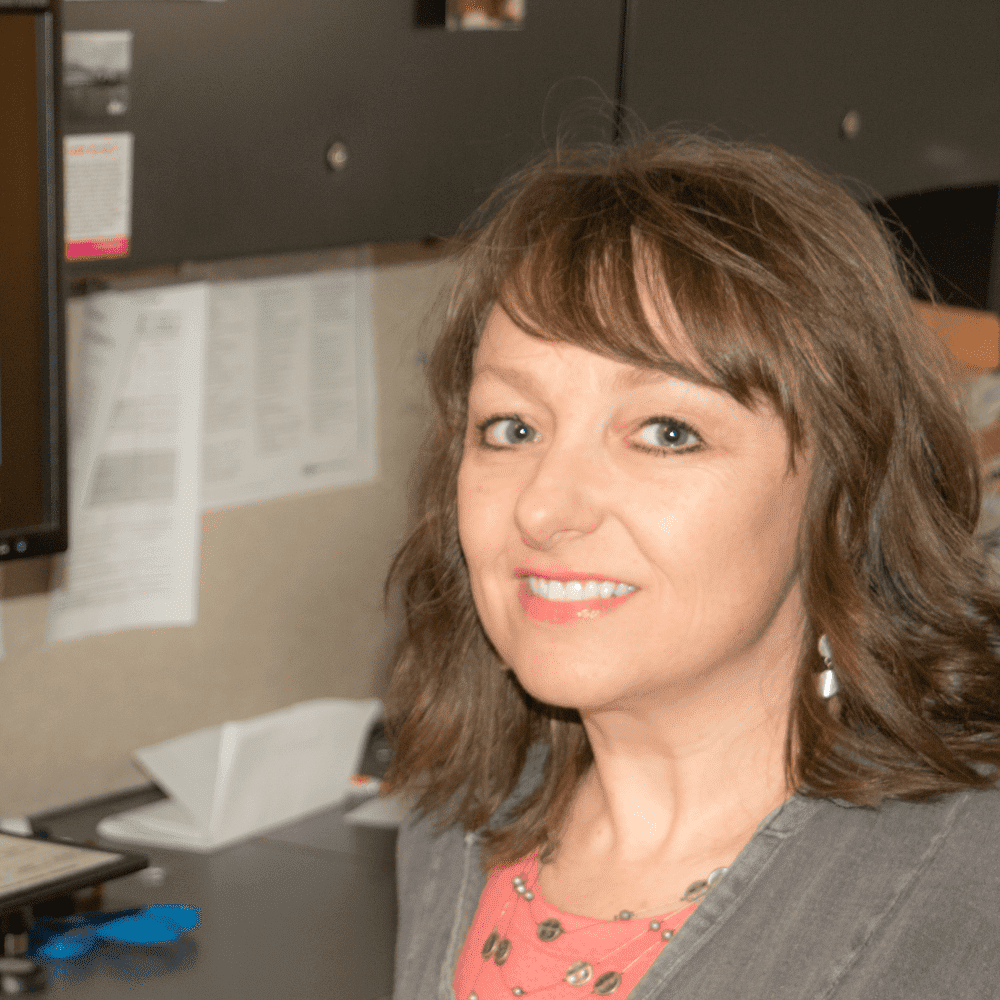How to Become a Licensed Professional Counselor
- LPCs need a master’s degree, supervised work hours, and a passing score on the NCE
- Each state upholds its own requirements for LPC licensure
- The best LPCs are compassionate and discreet, with excellent communication skills
- LPCs may earn additional certification in a counseling specialization
Licensed professional counselors (LPCs) use talk therapy and behavioral modification techniques to treat clients for issues affecting their mental and emotional health. LPCs often focus on a specialization like addiction, trauma, or behavioral disorders or work with specific groups such as families, children, or couples.
The Bureau of Labor Statistics (BLS) projects a faster-than-average job growth of 19% for licensed professional counselors from 2023-2033.
Popular Online Master’s in Counseling Programs
Learn about start dates, transferring credits, availability of financial aid, and more by contacting the universities below.
What is a Licensed Professional Counselor?
LPCs offer support and guidance for clients aspiring to achieve mental clarity and live a fulfilling and healthy life. They often specialize in an area of expertise but can serve in various capacities, depending on their qualifications, work setting, and state of practice.
Role and Responsibilities
You can serve clients struggling with a specific mental health issue or who seek guidance to improve their overall mental health. You may serve a particular group, depending on their specialization, such as recovering substance users, couples, children, or people with disabilities. You may also employ techniques like behavior modification or humanistic counseling in an individual or group setting.
Workplace
You can treat clients in a variety of professional environments. An LPC’s specialization often dictates where they work, like a school counselor or substance use counselor. The most common workplaces for licensed professional counselors include:
- Outpatient centers
- Healthcare clinics
- Community centers
- Hospitals
- Independent practices
- Residential health facilities, including inpatient addiction rehabilitation centers
Education
You will need approximately six years of formal education and training to become a licensed professional counselor. This includes a four-year bachelor’s degree and a two-year master’s degree, followed by supervised fieldwork and a passing score on the national exam. Each state maintains its own field supervision and licensing exam requirements.
5 Steps to Become a Licenced Professional Counselor
While you can choose from a variety of intriguing specializations and mental health services, you must first follow these steps to become licensed in your state.
1. Earn a Bachelor’s Degree
Earning a bachelor’s degree in a major related to counseling is necessary to eventually earn a master’s degree and start your career. Since most colleges do not offer undergraduate majors in counseling, you can major in a subject like sociology, psychology, social work, or child development. Bachelor’s programs may offer optional internships or practicums for field experience. Some may offer a concentration in addiction and substance use counseling.
2. Earn a Master’s Degree in Counseling
A master’s degree from a university accredited by the Council for Accreditation of Counseling and Related Educational Programs (CACREP) is required in all states. Typical master’s degrees in counseling include a rigorous practicum or field component combined with a traditional graduate-level curriculum. As a master’s degree candidate, you can tailor your elective courses and fieldwork to your counseling specialization.
3. Complete Your Supervised Fieldwork
You can begin your supervised field experience once you graduate with a master’s degree in counseling. While the minimum f requirement varies by state, you will need between 2,000 and 3,000 field hours under the supervision of a licensed practitioner to become eligible to sit for the national licensing exam. Some state licensing boards allow fieldwork you completed as part of a master’s degree to count toward the minimum work requirement.
4. Pass the National Board for Certified Counselors Exam (NBCC)
The NBCC administers the flagship National Counselors Exam (NCE) for broad counselor certification in many states and the National Clinical Mental Health Counseling Examination (NCMHCE) for specialty certifications. The NCE is offered twice annually, in April and October, while the NCMHCE is offered throughout the year.
Candidates can take the NCE alone, for a fee of $275, or alongside the NCMHCE specialty certification exam, which costs $100-$195.
5. Apply for a License
You will apply for LPC certification after you meet all the education and fieldwork requirements and pass the national licensing exam.
Each state upholds its own application requirements; for example, many states have phased out mail-in applications and now require LPCs to apply and renew online. State licensing boards may charge $50-$300 for initial license applications.
States also have different renewal requirements, which typically include meeting minimum continuing education hours over a set period and renewal fees.
What Skills Do I Need To Become a Licensed Professional Counselor?
Beyond completing a formal education program, you must develop certain skills to excel in your counseling practice. Qualities like compassion and discretion are required. Other relevant skills include:
- Strong morals and a sense of duty to uphold personal and professional ethics
- Communication, especially active listening, and advanced observation
- Patience and the ability to remain calm, even in turbulent situations
- Flexibility and adaptability to tailor therapy to individual clients’ needs
- Organization and dedication to documenting patient progress and researching the latest counseling trends and techniques
What is a Licensed Professional Counselor Salary?
Licensed professional counselor salaries vary based on location, setting, education, and specialty.
The BLS reported a median annual salary of more than $50,000 for substance use, behavioral disorder, and mental health counselors in 2023, while marriage and family therapists earned more than $58,000 that same year. These LPCs earned the highest salaries in hospital or state government settings.
According to the BLS, counselors in Virginia, the District of Columbia, and New Jersey earned the highest wages in 2023, with average annual earnings of $95,000, $89,000, and $84,000, respectively. States with less competitive education or licensure requirements may pay lower salaries to LPCs, while higher-paying states may require advanced qualifications.
Frequently Asked Questions About Licensed Professional Counselors
LPCs and psychologists operate similarly in a clinical setting. However, psychologists need a doctorate and can perform tests and diagnostics beyond an LPC’s qualifications, which requires a master’s.
Explore More College Resources

How to Become a Family Counselor in 5 Steps
Learn how to become a family counselor or family therapist and help couples, children, and parents improve their lives.

by Beth Walton
Updated September 5, 2024

How to Become a Grief Counselor
Become a grief counselor, and help people through one of the most difficult parts of life – the death of a loved one.

by Beth Walton
Updated October 25, 2024

